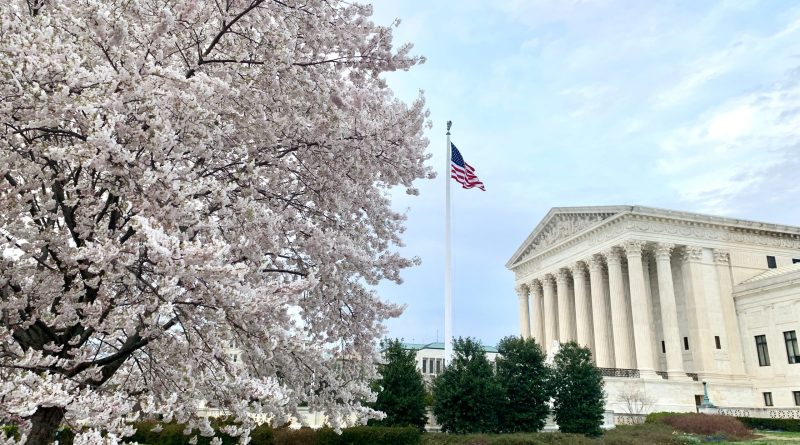Implications of a Roe v. Wade Reversal: Paving a New Path Forward
A New Medical Landscape
Recent medical advancements, such as the abortion pill, have revolutionized the efficacy and safety of abortions. Further fueling the hope for a manageable future is the Biden Administration’s decision to end the federal restriction that required patients to pick up the pill in person and subsequently legalize mail orders. Though access to the abortion pill has increased, it will be curbed in the event of a Roe v. Wade reversal. This will be due to state-specific policies dictating abortion legality.
States in the Driver’s Seat
The elimination of the constitutional right to an abortion will give power to control abortion access back to the states. Thus, the impact of the Supreme Court’s decision will largely be determined by state politics. In anticipation of Roe’s demise, famously liberal states have already passed legislation to protect reproductive freedoms such as the ROE Act in Massachusetts. On the flip side, conservative states like Texas and Louisiana have trigger bans in place. These laws will outlaw all abortions the moment Roe goes away.
Life Before Roe v. Wade: Historical Lessons
Roe v. Wade was passed on January 22, 1973. The Supreme Court decision ruled that restrictive state regulation of abortion is unconstitutional. Prior to the case ruling, pregnant people resorted to desperate measures to access abortions. This process involved an exhausting search for someone willing to perform an illegal abortion, often requiring upfront cash payments upwards of $500, equal to around $3,600 today. Most abortions prior to Roe v. Wade did not take place in a medical facility, but instead in motels and private residences. These settings were not well-equipped to support a serious medical procedure. Anesthesia was not guaranteed, nor was the expertise of the provider.
Civilian Resistance
An underground group called the Jane collective served as a resource for people seeking abortions. The Jane collective was founded in 1969 and provided services in Chicago, Illinois. This group of women provided secret abortions at an undisclosed private residence called “the place”. You called a hotline, asked for Jane, and waited for a call back from a member. The member provided counseling and instructions to the caller. Most members, including the ones who performed the abortions, were not trained physicians. They were volunteers. They operated under the highest degree of secrecy while making their best efforts to acquire proper education and supplies. Providing this haven was the heart of the Jane collective. In 1972, the Jane collective and many of its members were jailed.
The Jane collective sought to provide what the health care system could not: access to abortion services with compassion. One limiting factor for the Jane collective, and access to abortion services in general, was location. If a woman in Mississippi needed an abortion but could not afford to travel to the one willing doctor in New York, she often turned to self-induction. Dangerous methods such as Clorox or coat hangers resulted in harmful and sometimes fatal outcomes. It is estimated that 200 women died each year because of unsafe abortions prior to Roe v. Wade. The illegality of this process caused mental trauma in addition to physical distress for many; the secrecy meant that people had a minimal support system, if any at all.
What the Future Holds
The details of the past are crude, yet informative. If 2022 ushers in the overturning of Roe v. Wade, the repercussions will be significant. The removal of the constitutional right to abortion will be felt most among low-income people, people of color, and rural communities across the country. As history so clearly tells us, banning abortion does not stop them from occurring, it pushes them underground, limiting access to safe abortions. This aspect of history will repeat itself but with a noteworthy update: the abortion pill. A grim analogy is that the abortion pill is the new coat hanger. If unable to legally secure an abortion pill, people will turn to unauthorized online pharmacies. A potential decrease in unsafe practices is a source of optimism, but federal rejection of abortion rights poses high stakes for many. While the Supreme Court’s decision is not yet final, the experiences of those before us offer an opportunity for increased awareness and preparation to meet whichever decision comes our way.
